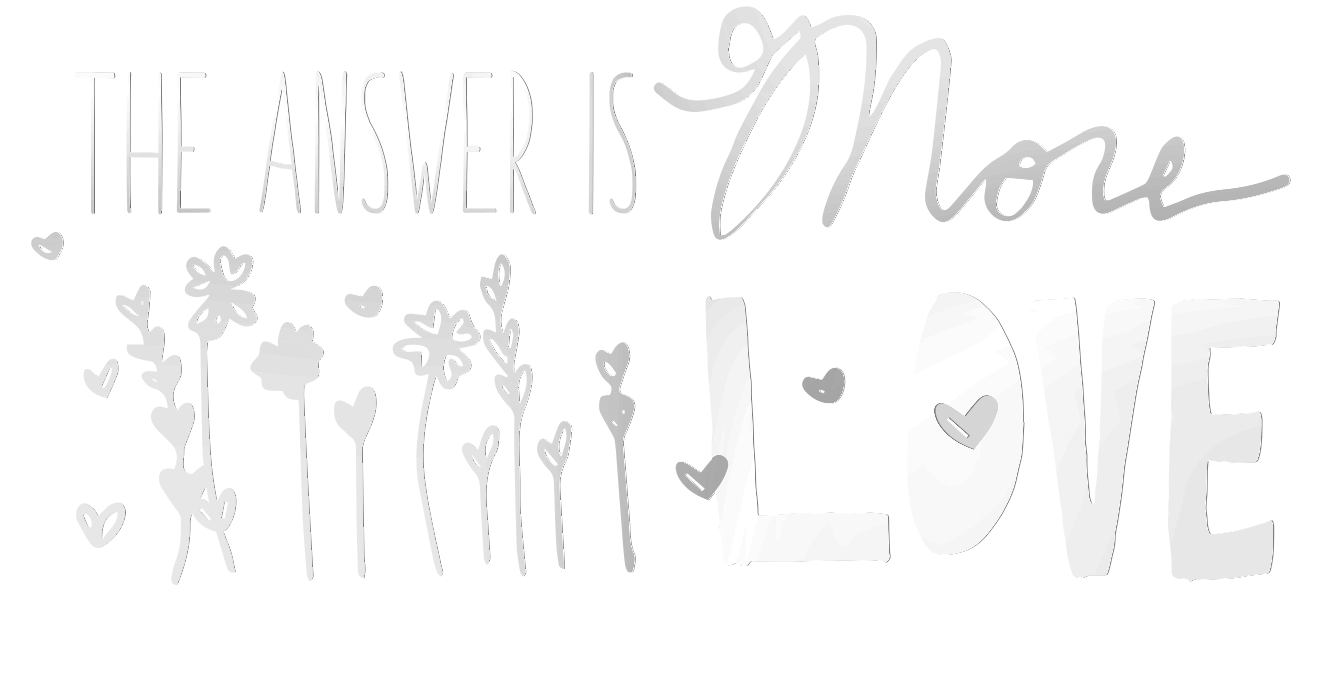Extinguish that Behavior

My friend had a Big Problem! Her kids had picked up a naughty phrase, and they were using it All THE TIME! “Stinky Butt Head” was a little funny at first. But it quickly got out of hand! The kids were calling people names, such as their siblings, their friends—even at church! Then, they’d all laugh hysterically about it—which set off another round! This mom tried everything she could think of: scolding, reasoning, taking away privileges, even washing mouths out with soap! It was happening so often, that she couldn’t stay on top of it! In fact, the more she focused on it, the bigger and bigger grew this bad habit! What to do?
Mom tried a new approach. “I’m going to set this timer for five minutes,” she announced to the kids. “Anyone who can NOT say these bad words for five whole minutes will get a treat. Well, that was hard for the kids to do! They had developed such a bad habit! Then, when one person finally could make it the whole five minutes, this child got a wonderful yummy treat. The others begged her to set the timer again, and soon they got the treat too!
Now what?! How should she continue this little change in momentum? When the reward stops, the good behavior stops, right? Is it true that No Reward=No good behavior?

When I was Potty Training my youngest son, I put a matchbox car taped high on the bathroom door, along with a chart with one box. When he finally had success, he got to put a checkmark in the box, and got to have that car he’d been looking at for awhile.
He wanted to earn another car! Well, so I taped up another toy but this time, he had to go in the toilet twice to earn the next toy car. So now there was two boxes on the chart, and after he went two times, he got his car. The next car “cost” three check-marked boxes. And so on.
This son is very tenacious, and he kept earning more and more cars for more and more checkmarks. I didn’t mind! It was working for me! But there came a point, at about 17 boxes or so, that he forgot all about earning cars. The new habit of going in the toilet was well ingrained in him, and he didn’t need a reward anymore. When I pulled that last car off the bathroom door, he didn’t even notice!
Back to the mom with the “Stinky” problem. All she had to do was to gradually increase the timer (and keep treats in stock). By the time the kids are waiting 14 or 22 or 31 minutes of not saying the bad words (if even one person slipped up and used it, they all had to start the timer over ) by that time, the habit was broken and the kids had moved on to a new interest.

Another mom and dad had a terrible problem of big toddler sister pushing her little baby brother. She would walk over and push him over! Mom and Dad tried everything they could think of. They took big sister out of the room and gave her a talking to. They praised her for being kind to the baby whenever she was. They took away privileges and prayed to be nice. But still, the pushing remained. Then one day, they came up with a new idea. They sat down with big sister and told her that she was growing up now, and could learn to always be soft. Daddy told her that when she could remember to be soft all day, he would take her for an ice cream cone after work. They started with a time Dad was only away for a couple of hours—rather than a whole day, and soon, she did it! After praising her for “being soft” the whole time, she got to go for a treat with Daddy. Next? You guessed it! When sister could go an entire day always remembering to be soft, she got to go with him again. Then two days, then three, and so on, until the bad habit was broken and Mom and Dad and Grandmother and babysitter, and everyone was so pleased with her.
In economics, there is the Law of Diminishing Returns. There comes a point, when the maximum best result is reached and doing more will not help, and may hurt. So it is with kids. When the good behavior has been solidified, it’s best to stop the rewards. Gradually, you can get better returns, with lengthened rewards in between. When we reach the peak point, we should stop the reward, and be grateful it is no longer needed.
We don’t want our children to need a reward for everything good they do—like a doggy treat for each trick. We instead want to extinguish the bad, then focus more and more on the good things that have taken its place and why is it good. The good habit learned helps us then be able to teach the WHY we do good things.
In the process, Mom or Dad’s relationship with the child has improved. Rather than feeling like a mean parent who lectured, spanked, warned, and almost gave up on this misbehaving child, they got to hand out rewards for success, and be the good guy!

So, Mom and Dad, after extinguishing a bad behaviors with gradual increments, then teach, teach, teach why we do these good things, as you praise, praise, praise the new good behaviors they are doing! And because your relationship has been strengthened in the process—no spanking, angry parents needed—you get to enjoy that change as well!
